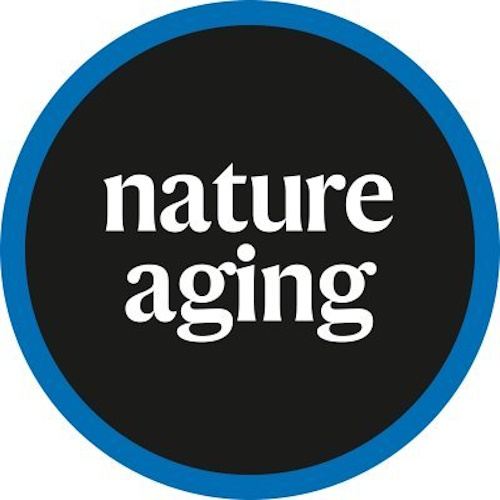Caloric restriction, which involves reducing calorie intake without depriving essential nutrients, has been shown to slow the pace of ageing and increase healthy lifespan in multiple species. The geroscience hypothesis suggests that therapies designed to slow molecular changes that occur with ageing could delay or prevent chronic diseases and extend healthy lifespan. It has been proposed that calorie restriction is a suitable therapy which can prevent such pathologies by slowing or reversing the molecular changes associated with senescence. This supports the geroscience hypothesis. However, further research is needed to establish the long-term effects of calorie restriction on healthy-ageing endpoints in humans.
CALERIE Trial
A recent post hoc analysis of the Comprehensive Assessment of Long-term Effects of Reducing Intake of Energy (CALERIE) trial was conducted to evaluate the impact of calorie restriction.
CALERIE was a randomized controlled trial conducted across three clinical centres in the United States. The trial aimed to assess the impact of a 25% caloric restriction (CR) over a 2-year period on healthy adults in the normal weight or slightly overweight range. Of the 238 eligible individuals, 220 participants were randomly assigned to a CR behavioural intervention or to a control group. The CR group was prescribed a 25% reduction in calorie intake. The precise level of CR achieved was quantified by comparing energy intake during the CR intervention with baseline energy intake. The trial assessed the effects of CR on various health outcomes, including measures of ageing and chronic disease.
The analysis study of the CALERIE trial discussed here was conducted by a large collaboration of researchers from various institutes such as Butler Columbia Aging Center, University of North Carolina, Duke University School of Medicine, USA and University of British Columbia, Canada. The study wanted to investigate whether calorie restriction could also modify measures of biological ageing in humans.
The study
This study aimed to assess the effect of the CALERIE intervention on biological ageing by measuring blood DNA methylation (DNAm) using published algorithms. The analysis focused on three measures of ageing, including PhenoAge and GrimAge second-generation DNAm clocks and DunedinPACE measure of pace of ageing.
Results
The study found that the CALERIE intervention slowed the pace of ageing, as measured by the DunedinPACE DNAm algorithm, but did not lead to significant changes in biological age estimates measured by various DNAm clocks. The results support the geroscience hypothesis that therapy to slow or reverse molecular changes that occur with ageing can delay or prevent multiple chronic diseases.
The study investigated the impact of changes in white blood cell populations on the results of CALERIE intervention. The researchers included covariates in their analysis and found no significant difference in the results. They also examined sex differences in treatment effects and found no statistically significant differences in any of the models. The CALERIE Trial showed a 2-3% slower pace of ageing with calorie restriction, but long-term follow-up is needed to determine if it leads to reduced morbidity and mortality. Previous studies suggest that the reduction in mortality risk could be as much as 10-15%, similar to smoking cessation intervention.
Limitations of the analysis
The study acknowledges limitations in measuring biological ageing using DNAm measures, which are incomplete and subject to technical limitations. The results may underestimate the true impact of CALERIE intervention on biological aging. The sample only includes healthy volunteers, so the treatment effects may not generalize to the wider population, and long-term clinical benefits are unknown beyond the intervention period.
Implications for Ageing Biology
The study's findings have important implications for future research in the field of senescence biology. The study analyzed methods of quantifying biological ageing that can predict future disease, disability, and mortality and can detect changes in ageing processes over short timescales. Such measurements have the potential to serve as surrogate endpoints for intervention effects on healthy lifespan. The study identified DunedinPACE as a measure with potential utility in future trials, as it shows high test-retest reliability and strong associations with healthspan endpoints. Ultimately, establishing DNAm measures of ageing as substitute endpoints will require evidence that changes in these measures account for intervention effects on primary healthy-ageing endpoints.
Author: Joydev Bhattacharjee
Reference
Effect of long-term caloric restriction on DNA methylation measures of biological aging in healthy adults from the CALERIE trial – Waziry, R., Ryan, C.P., Corcoran, D.L. et al. – Nature Aging Feb-2023




/calorie-restriction-cr-thumbnail.jpg)

/calorie-restriction-and-its-effect-on-dna-methylation.jpg)


